Startups are supported by networking, experts, and workshops, and encouraged through funding to have a positive social and economic impact on Milan.


Startups are supported by networking, experts, and workshops, and encouraged through funding to have a positive social and economic impact on Milan.
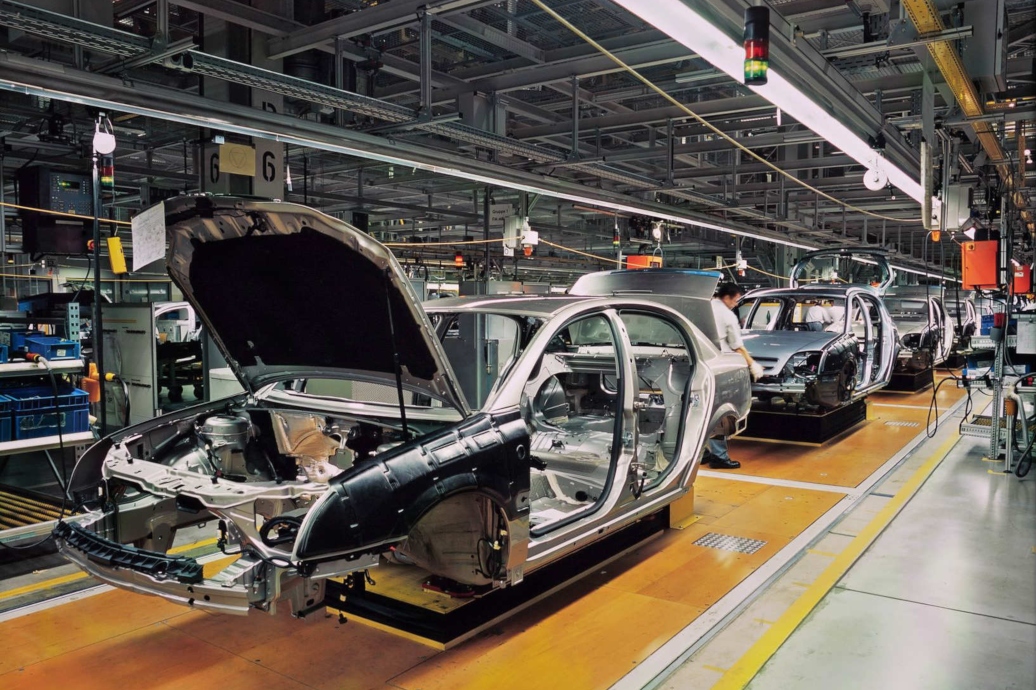
A planned expressway gives a new boost to an economic activity zone in Poland, attracting new investors.

The local authority in a remote location backs a crowdfunding platform to appeal to faraway investors.
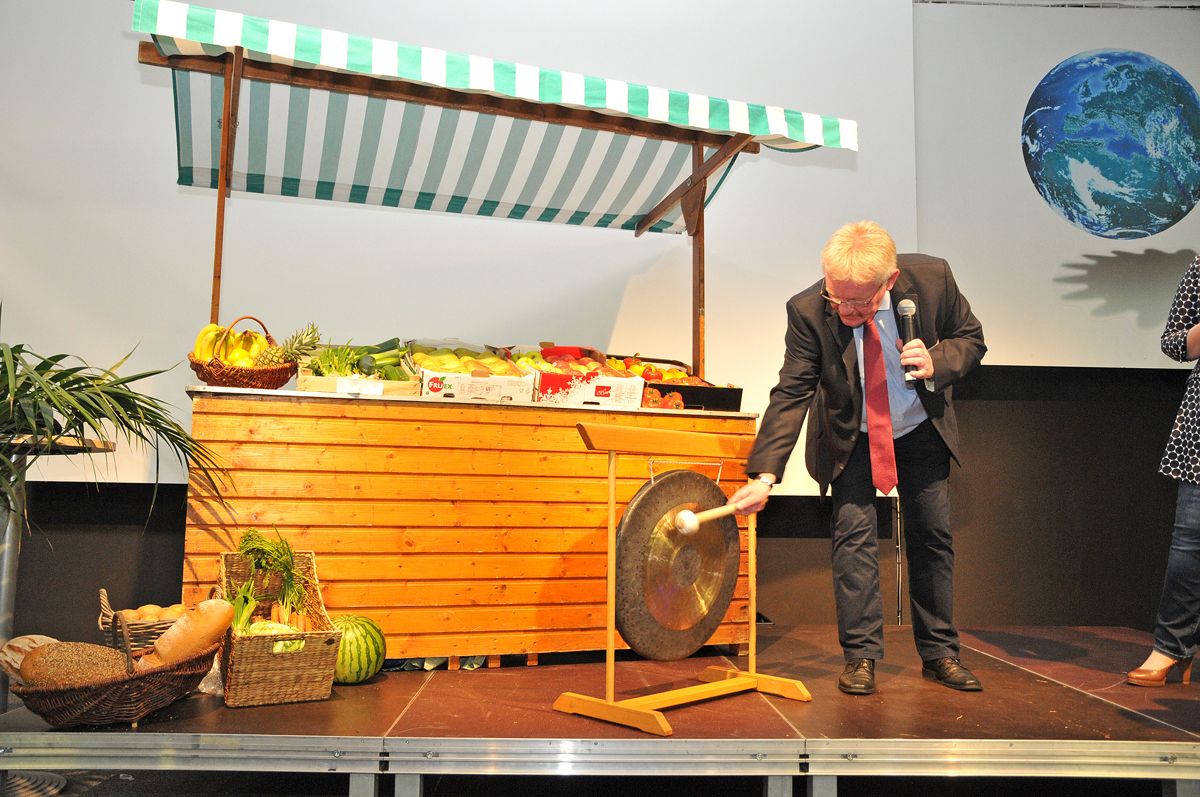
‘Speed dating’ for non-profits and companies paves pathways of mutual support, exploring opportunities for cooperation without using payments.

A council-owned utility firm combats disproportionate energy pricing in the private sector with renewable sources at an affordable price.

Financial exclusion is countered by a supportive credit union in Salford, offering an alternative to banks and loan sharks.
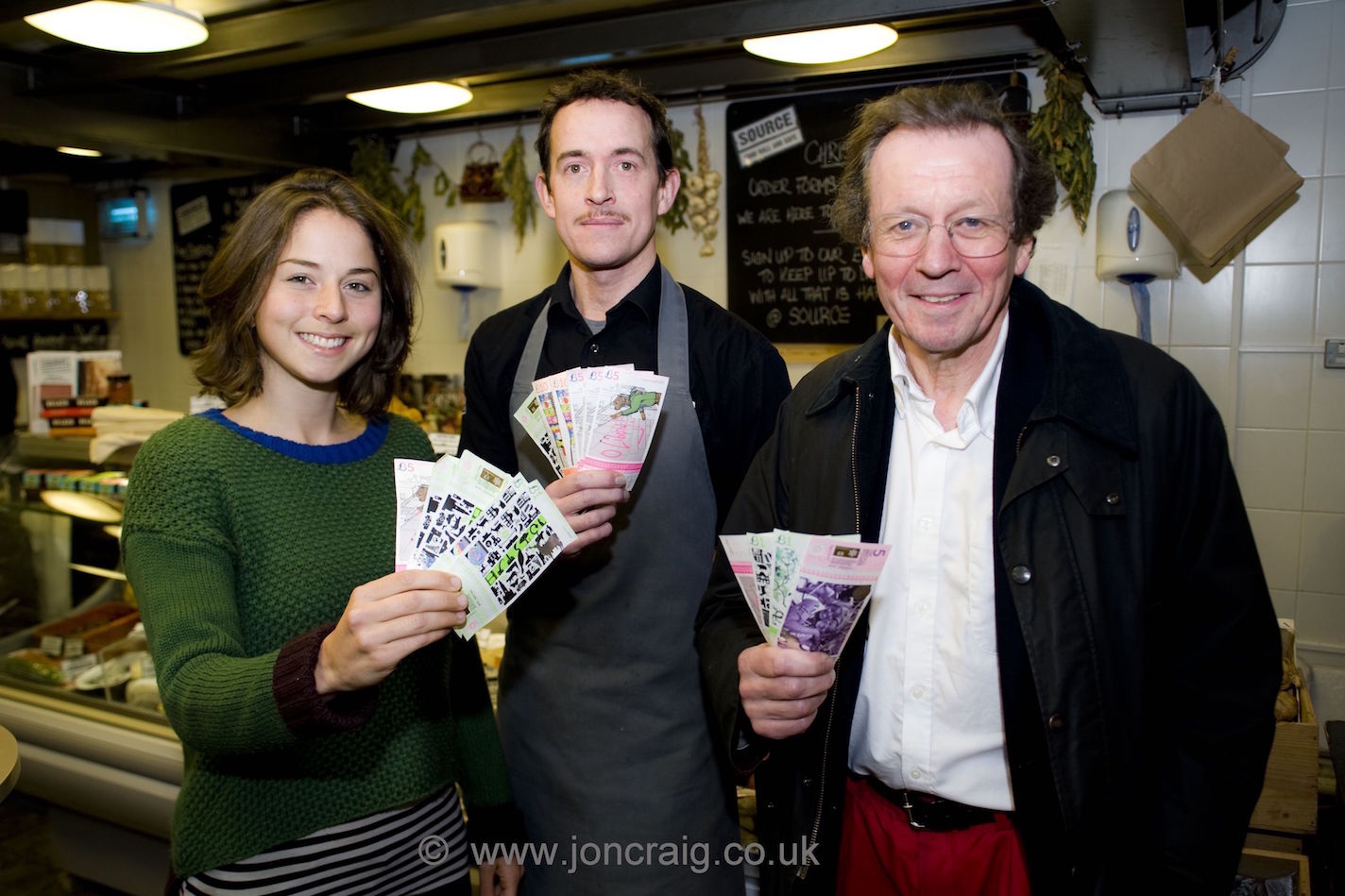
A local and complementary currency keeps local money circulating in Bristol and the former County of Avon.
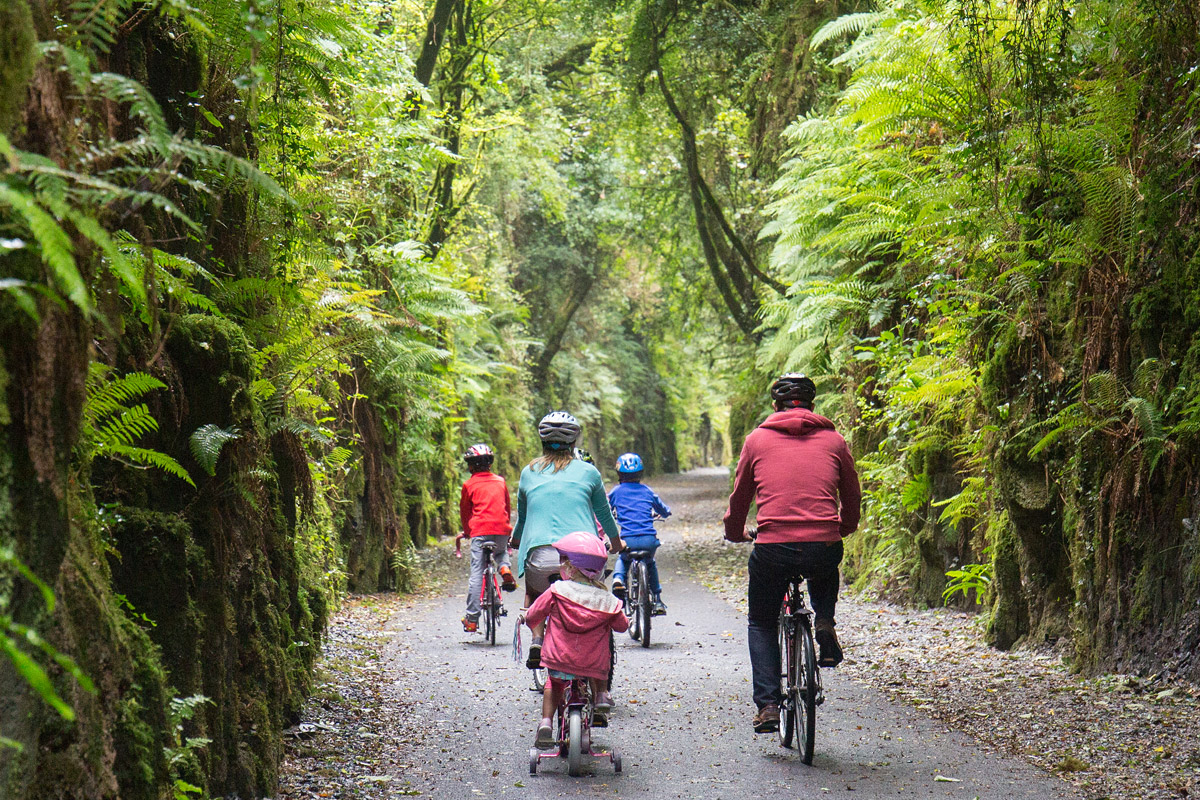
A hiking trail built along a disused railway line from Waterford to Dungarvan encourages new tourism in Ireland.
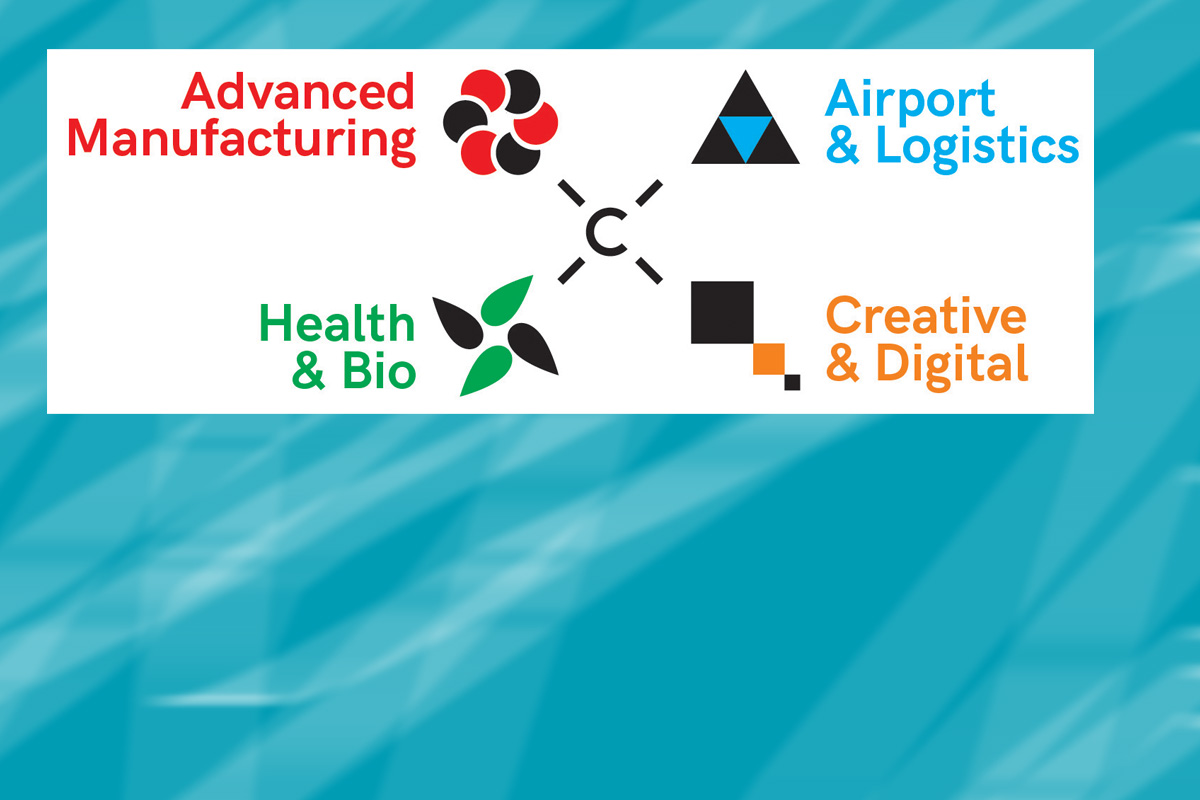
A bottom-up plan aims at the revitalisation of a former industrial city through digitalisation, and the grouping of innovative minds to collect and execute ideas to reinvigorate the economy.

Citizens are encouraged to invest (even small amounts) in local businesses, allowing them to become more independent and promoting regional prosperity.
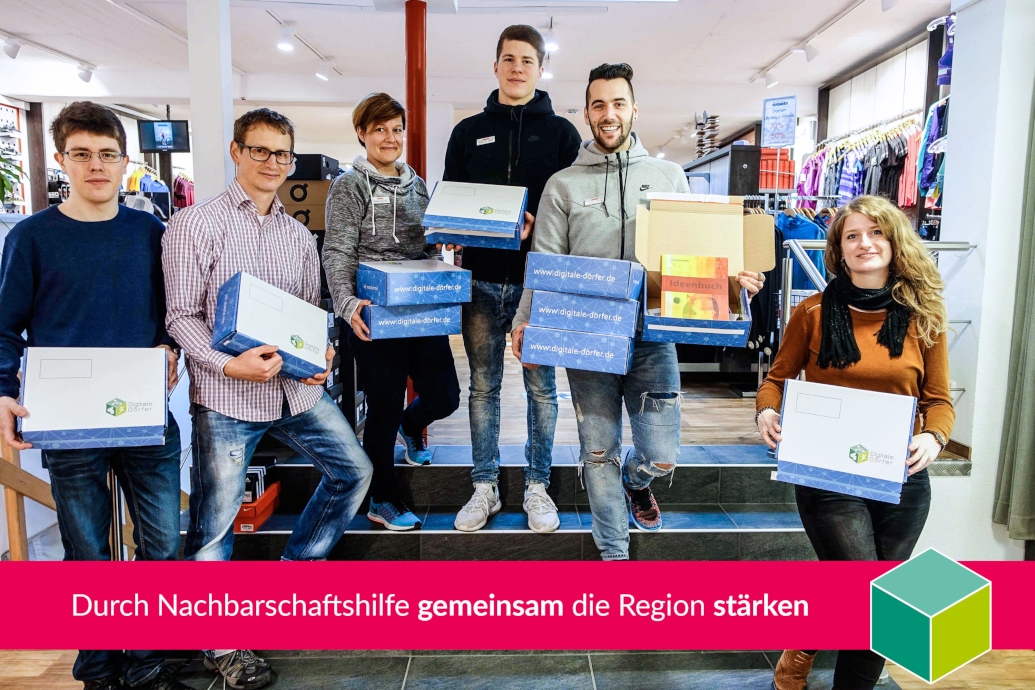
Rural communities connect online through a development project that supports local businesses.
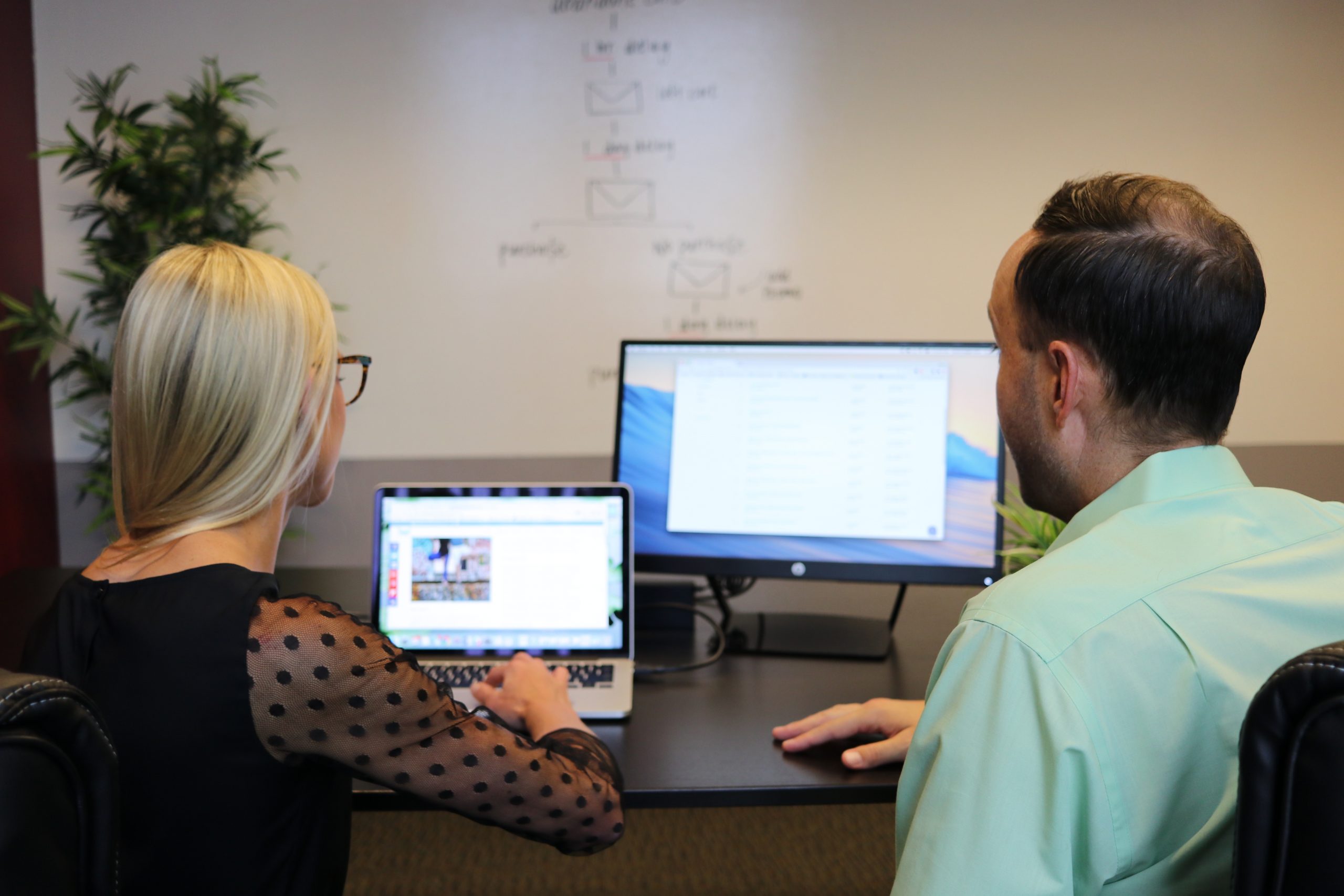
Subsidised education and training courses, with the help of a personal advisor, enable Viennese to secure a fulfilling working life.
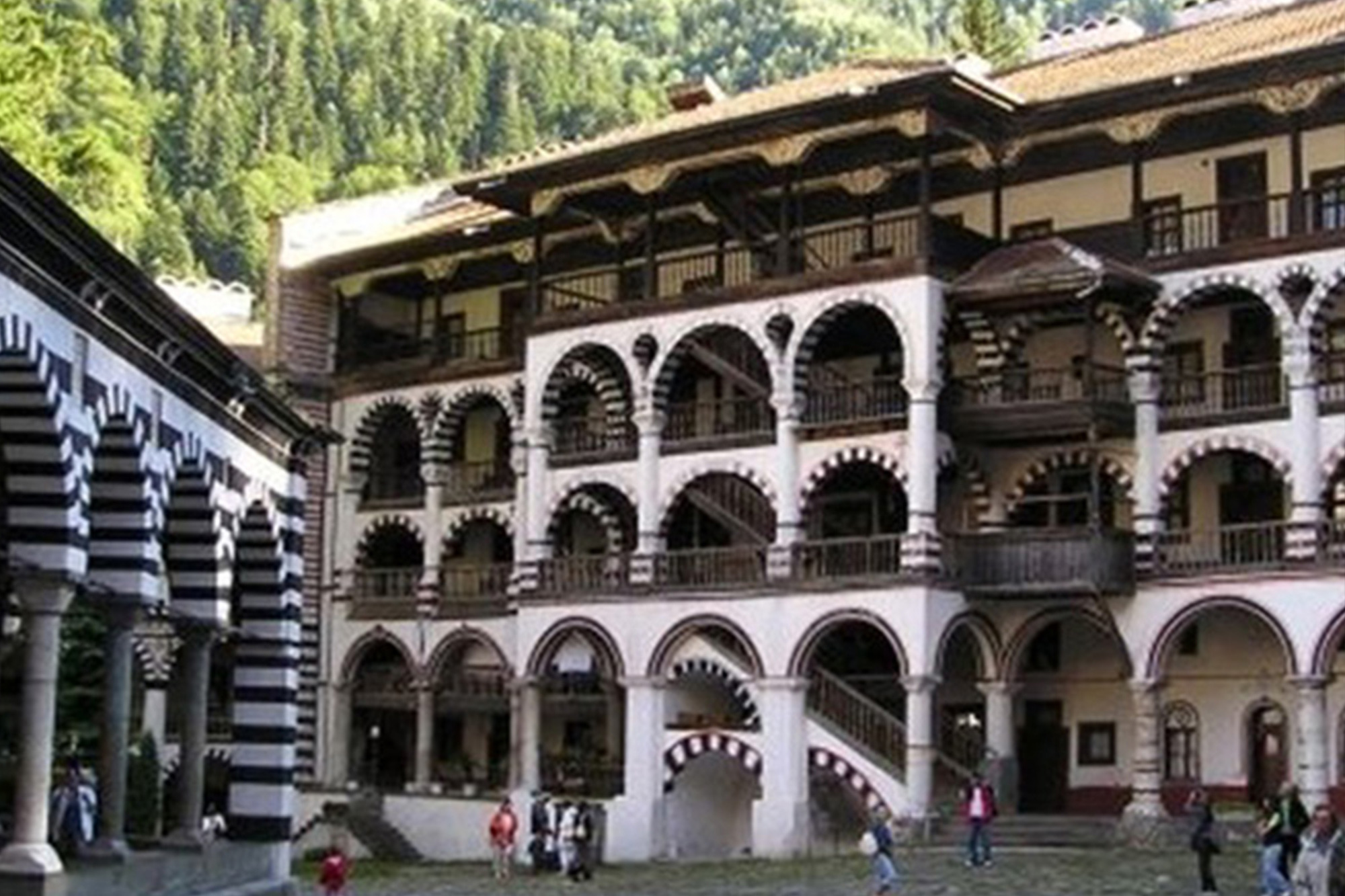
Tourists with disabilities can visit local sites of interest with the assistance of especially trained guides.
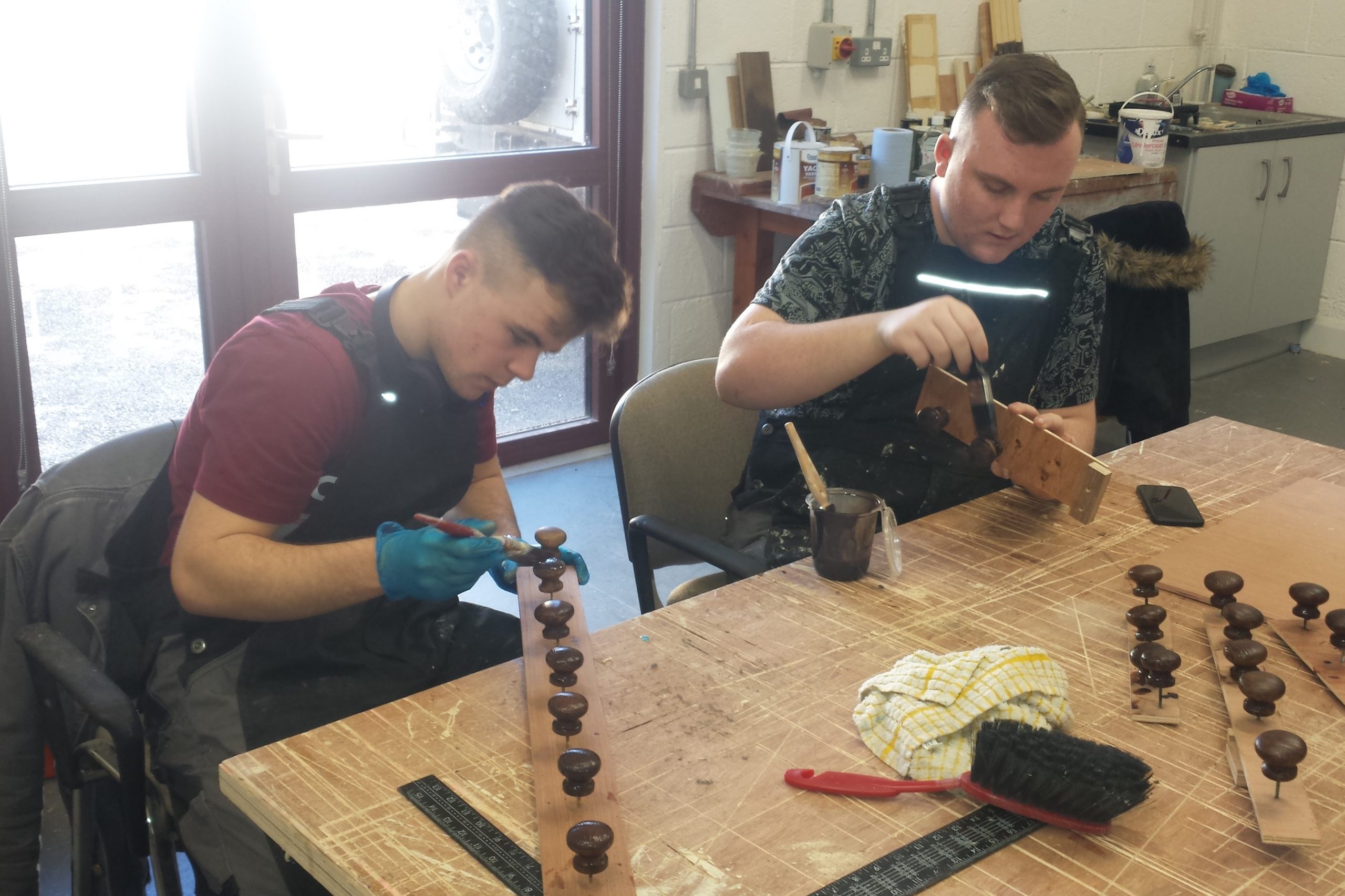
A trades-based training approach in a facility for young adults fills key-skill gaps in the local labour market.
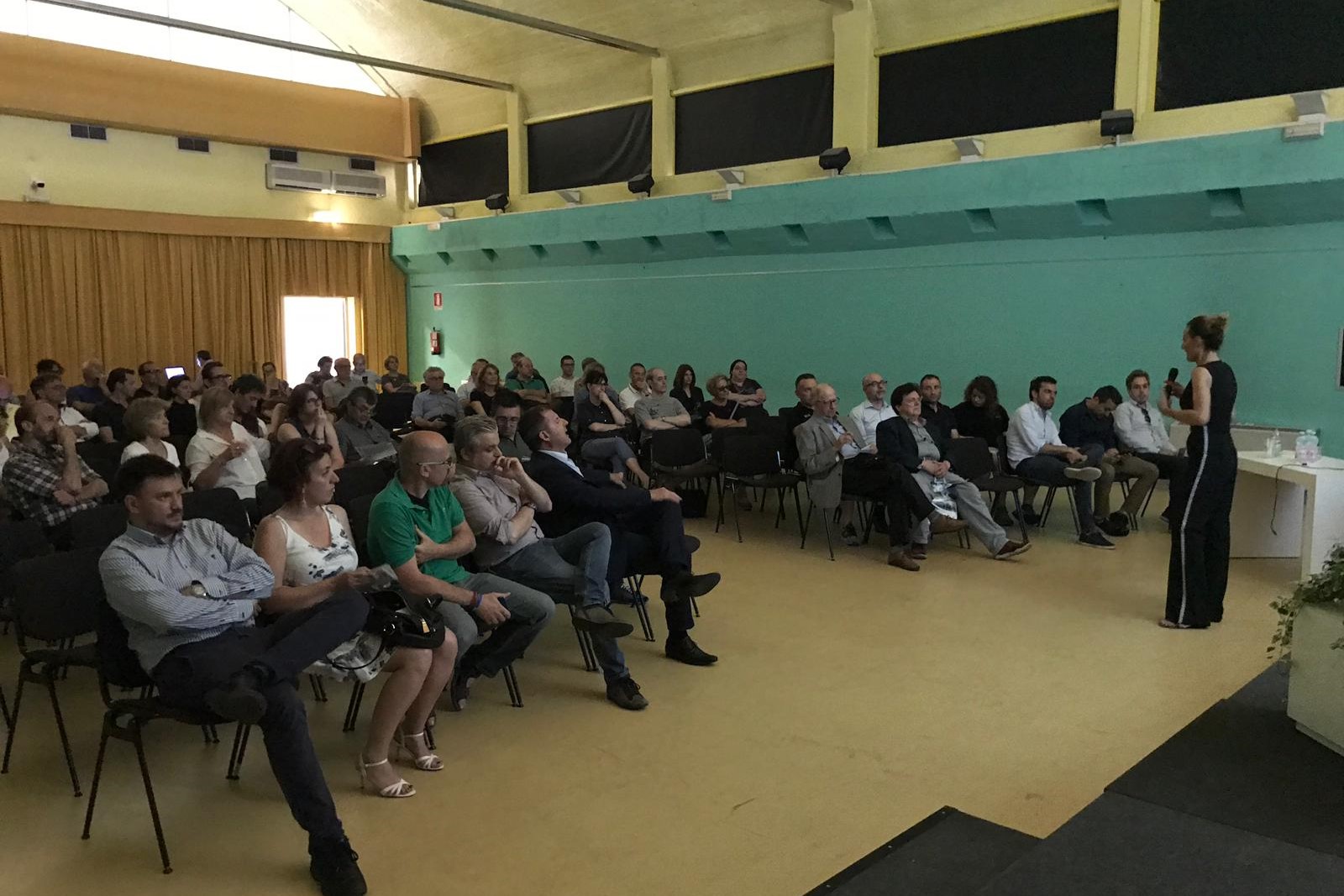
The City of Omegna is working holistically to improve the town for the community, entrepreneurs, and the public sector.
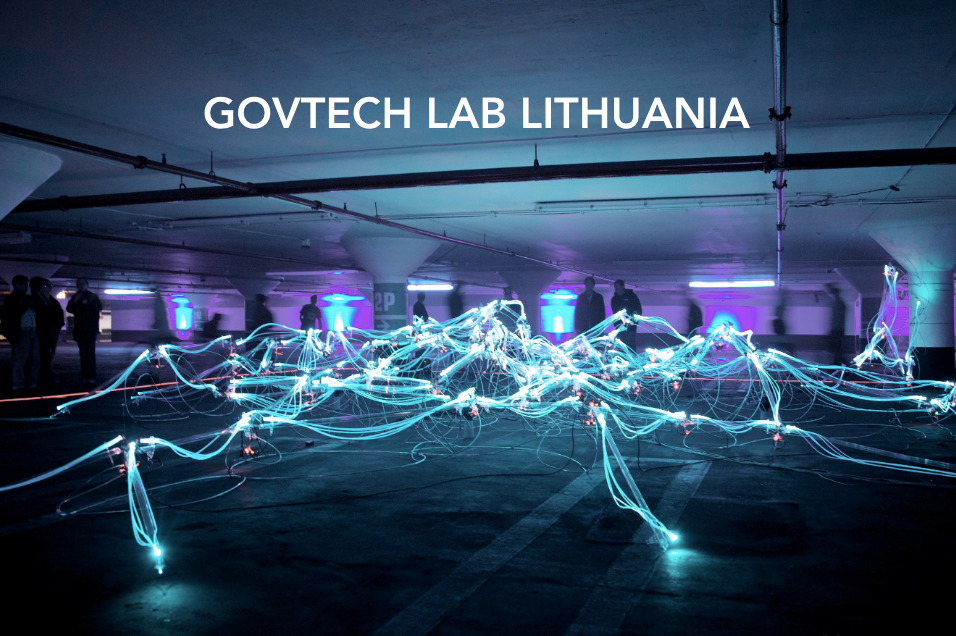
Emerging technologies from different innovative players are used to solve public sector challenges in Lithuania.
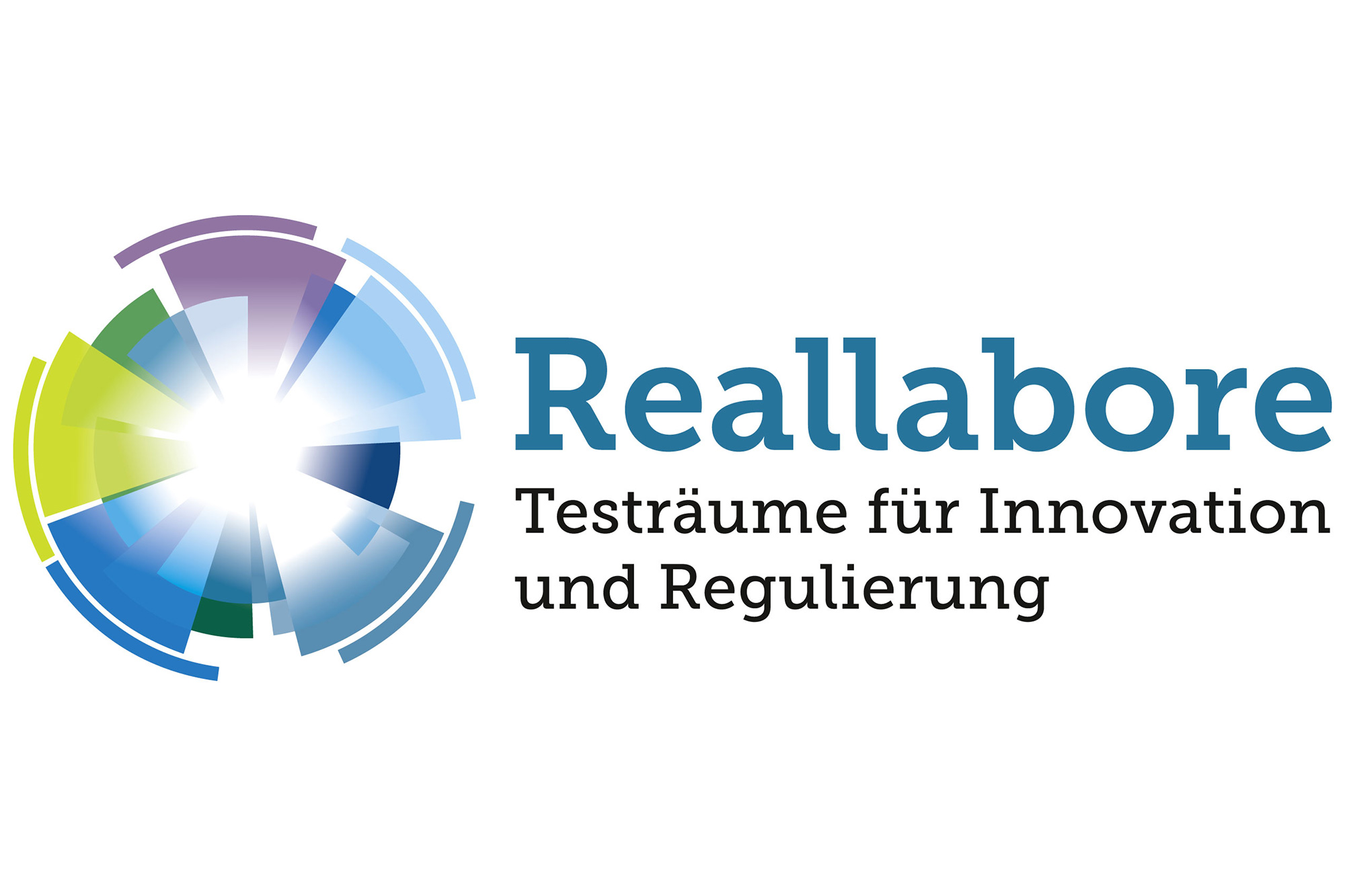
Innovation-friendly spaces are designed to test new digital technologies in real-life conditions, without risk to the public.
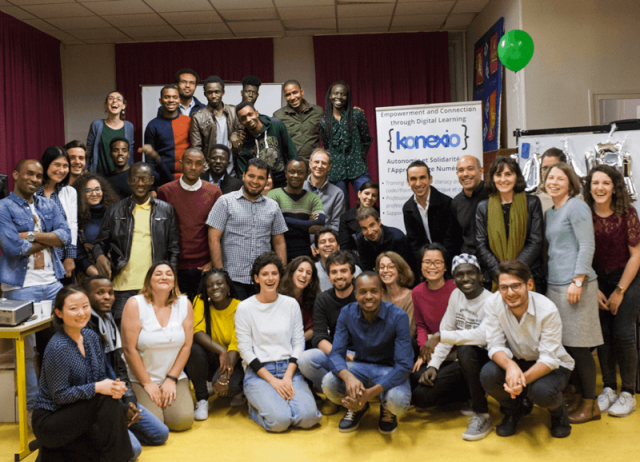
Training programmes in different locations in Europe and Africa empower disadvantaged groups through digital literacy, to overcome the digital divide and make earning an income locally possible.
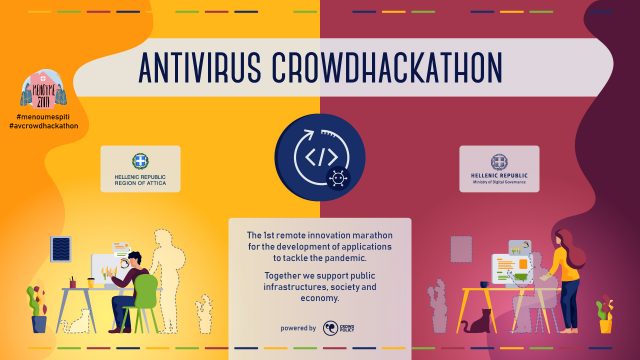
Creative and hacking minds meet remotely, interpret the changes caused by COVID-19, and convert the global crisis into an opportunity for progress.
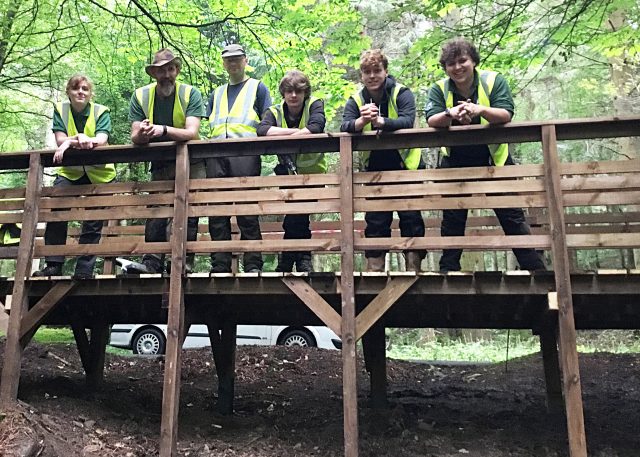
Young people gain access to work thanks to a person-centred approach that teaches key skills and builds confidence, tackling a complex range of social issues and economic barriers.